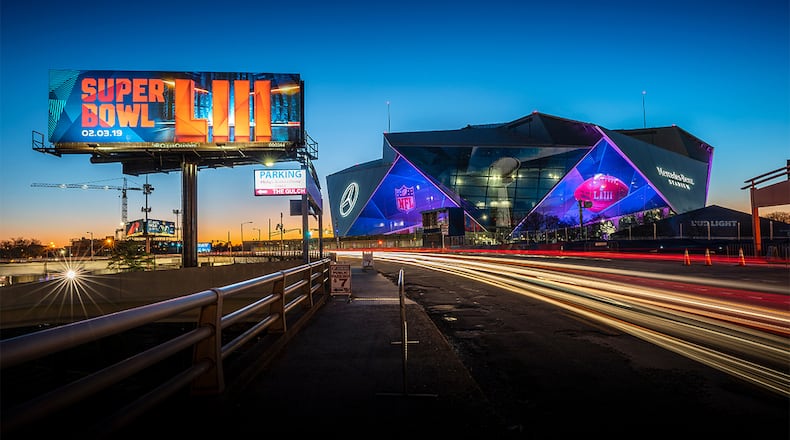The strangest thing happened while a majority of our state legislators went to work on a solution for a problem that didn’t exist. Sure, their new voting laws may have sullied Georgia’s reputation, lumping us with those who wanted to legislate bathroom usage in North Carolina and deny Arizonans an opportunity to honor Martin Luther King. Still give them credit, they also accidently invented time travel.
So, fire up the DeLorean. These dear leaders have set us backward, not just days but decades to the era before Atlanta and its environs became the capital of the New South. The loss of baseball’s All-Star game was just the beginning. Why, with a little more work from those beneath the Gold Dome, we can become Birmingham before you know it.
Being something of a sports enthusiast, I’m already contemplating the day when there will be no more big events coming our way. If the retrograde lawmaking continues, we may have seen our last local Super Bowl. The Atlanta Final Four lost to the pandemic may never return. And how long before the Peach Bowl could be cast out of college football’s playoff rotation?
Some groups even floated the idea of uprooting next week’s Masters to another state. There is no chance of that, however. Zero, I can safely say. The Masters is the one event to which a certain plot of Augusta greenery is indispensable.
Move the baseball All-Star game, and it’s still the same vainglorious exhibition. Move the Masters, and it’s the John Deere Classic.
Look, given the quality of the home teams, importing these major events was as close as any of us to ever experiencing the championship vibe. At least it will be a lot quieter around here without that crazy Jim Nantz partying on Peachtree Street.
We can be uncomfortable at the thought of “outsiders” trying to influence how we handle our elections. But it is the impression of the outside world that determines a city and the state’s place in it. And what should the outside world think of “reforms” to a voting process that clearly wasn’t deemed broken until the other side squeaked out a couple of wins? Hardly seems sporting.
Why would any major sporting league – or major company for that matter – want to have anything to do with a leadership that so eagerly gives credence to a bald-faced lie?
And if I’m the NFL, I’m worried about bringing a Super Bowl back to Atlanta for fear that somebody in the Statehouse gets the idea it should be illegal to hand out water on the sidelines.
Atlanta didn’t become Atlanta by going backward like this.
Back in the 1950s and ’60s, Atlanta seceded from the entrenched ugliness of the South. The city certainly wasn’t perfect in its relations between the races, but it was practical. To grow, and to gain any kind of acceptance in the wider world, it knew it had to show itself open to reason and progress.
So, Atlanta became the seat of the civil rights movement and morphed into the City Too Busy to Hate. From that rich soil a big-league metropolis sprouted in the ’60s, the Braves and Hawks moving down from the North, the Falcons setting up an NFL beachhead in the South. An airport grew huge. Fortune 500 companies discovered the wonders of the area. Big events found a warm and welcoming stage.
And Birmingham, a city of roughly equal population and potential as Atlanta at the time, had Bull Connor. He let loose the fire hoses and police dogs on civil rights marchers, and the stagnation of segregation set in. From that, a Double-A town was made. Atlanta gets the Braves. Birmingham stands pat with the Barons.
Georgia lawmakers are not to be confused with Bull Connor, but their actions seem to be inspiring their own kind of revulsion. Unfortunately, that costs the whole state, even those parts of metro Atlanta that believe it repulsive, too. Area code 404 can’t opt out from Senate Bill 202, so it must share the punishment.
Apparently, the wider world takes the right-to-vote thing pretty seriously. This isn’t likely to just go away, to be forgotten when the next cause comes along. This stain will be on every bid for the next big game.
So, dear leaders, onward to the past. Backward, ho.
Be sure to dig in. Reject forward progress. Write off all negative reaction as cancel culture, whatever that is, without ever considering some ideas need to be canceled. Tell the world it can keep its marquee events. We don’t need them, we’re fine just as we are. That’s always worked in the past. Ask Alabama.
About the Author
The Latest
Featured



